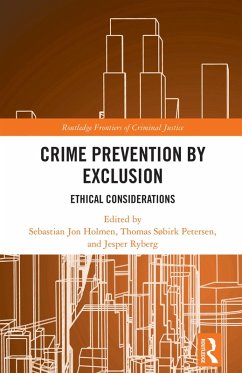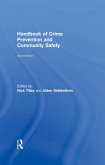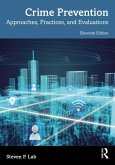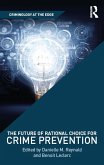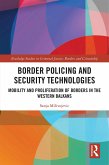This volume brings together world-leading experts in ethics and penal theory to answer controversial questions about the ethics of preventing crime by exclusion. Situational crime prevention measures-such as gated communities, hostile design, or annoying music or noise-intended to exclude some or all people from an area to prevent crime present important ethical questions. Is the use of exclusionary measures antithetical to the attainment of social justice or to addressing the root causes of crime? If such measures result merely in the displacement of crime, does this mean they are without value, or morally questionable? What are the conceptual relationships between exclusionary measures, civic trust, and moral agency? Do some or all exclusionary measures fail to respect potential offenders as rational agents? When, if ever, is the use of exclusion to prevent crime discriminatory? And do such measures have a morally problematic expressive dimension?
This book is invaluable for scholars with an interest in crime prevention, criminal law, and criminal justice. The practical implications will also appeal to practitioners in the criminal justice system involved in the implementation and administration of preventive exclusion.
Dieser Download kann aus rechtlichen Gründen nur mit Rechnungsadresse in A, B, BG, CY, CZ, D, DK, EW, E, FIN, F, GR, HR, H, IRL, I, LT, L, LR, M, NL, PL, P, R, S, SLO, SK ausgeliefert werden.

